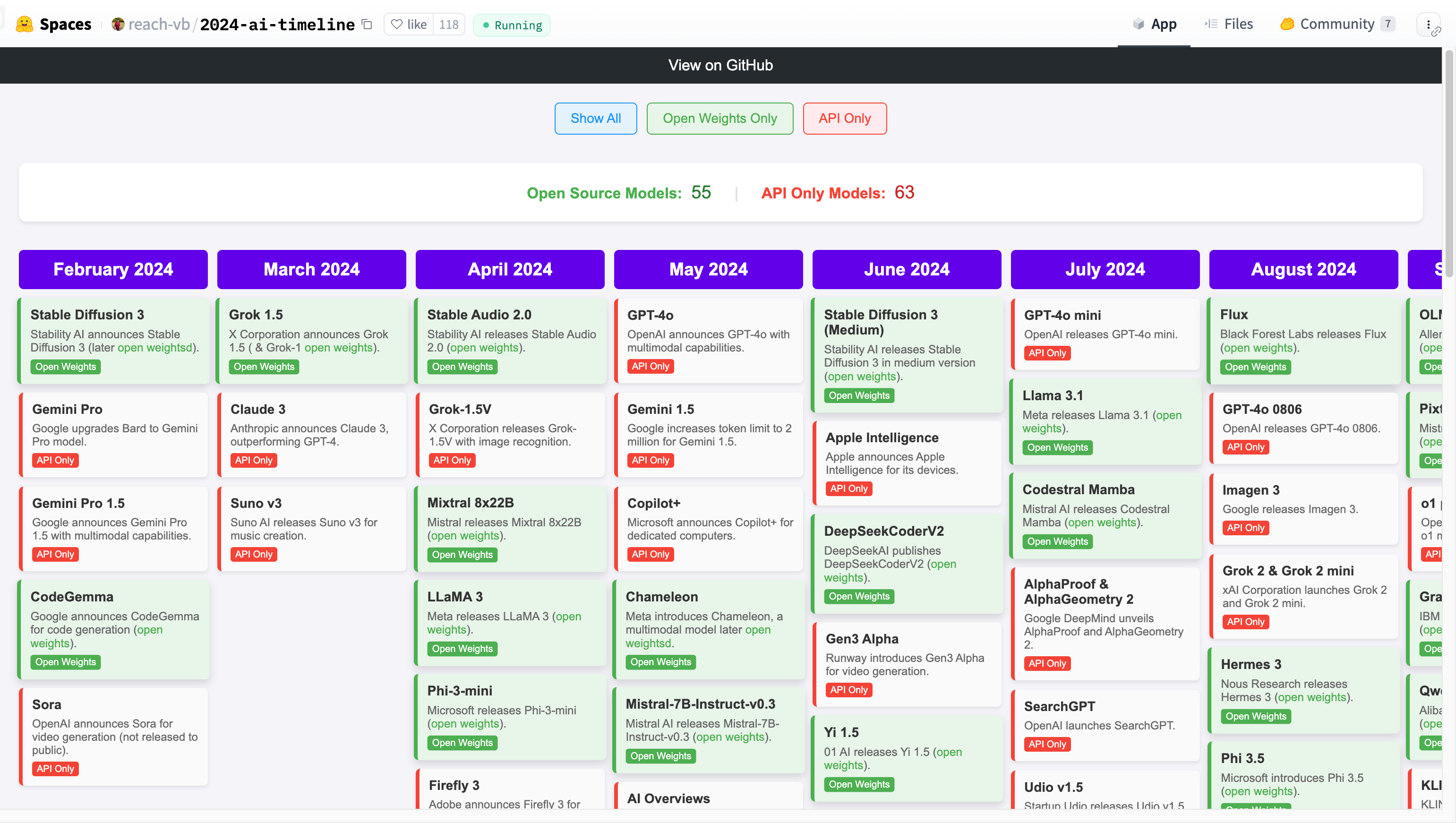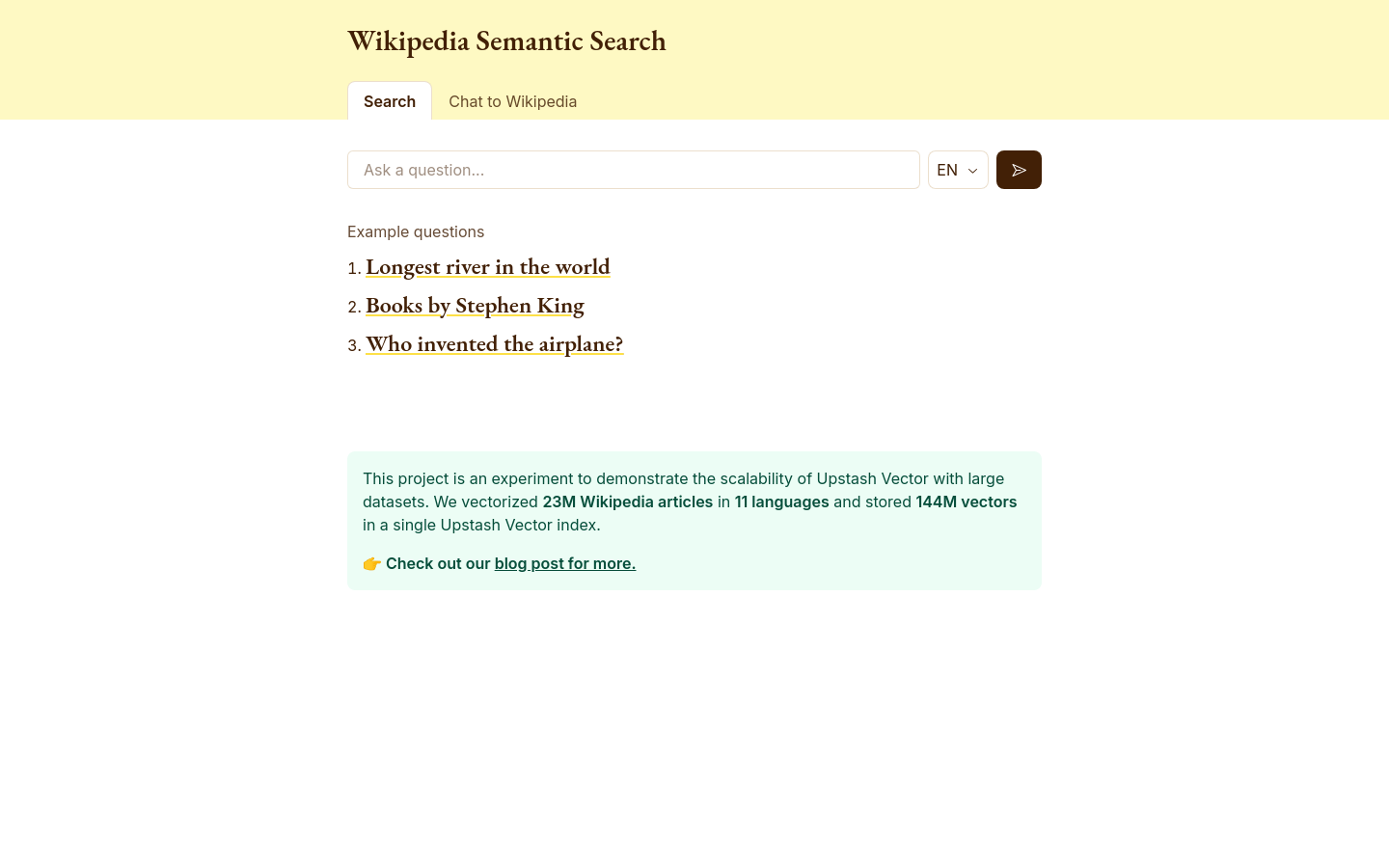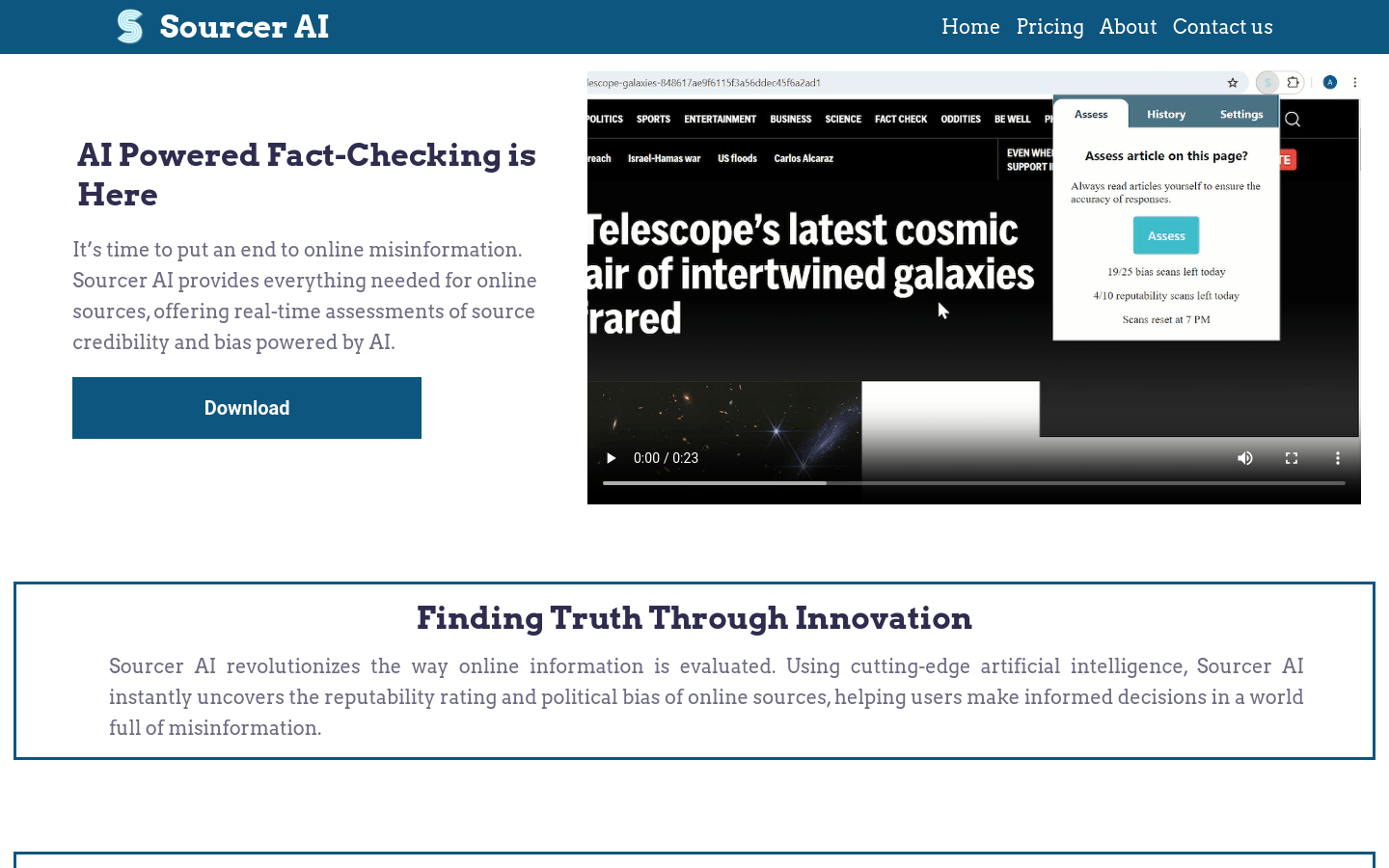Anthropic API Citations
The Citations function of the Anthropic API allows Claude to generate detailed answers based on source files.

Product Details
The Citations feature of the Anthropic API is a powerful technique that allows Claude models to cite exact sentences and paragraphs from a source document when generating responses. This feature not only improves the verifiability and credibility of answers, but also reduces possible hallucination problems in the model. The Citations function is provided based on the Anthropic API and is suitable for various scenarios where the source of AI-generated content needs to be verified, such as document summarization, complex Q&A, and customer support. Its pricing adopts a standard token-based pricing model, and users do not need to pay for the output token that returns the quoted text.
Main Features
How to Use
Target Users
This product is suitable for developers and enterprises that need to verify the origin of AI-generated content, such as legal, financial, and customer support. It can help them build more reliable and traceable AI solutions, reduce risks caused by model illusion, and improve work efficiency.
Examples
Thomson Reuters uses Citations functionality to power its CoCounsel platform, helping legal and tax professionals provide comprehensive advice to clients.
Endex uses the Citations feature to power its financial firms’ autonomous agents, reducing source phantoms and formatting issues, improving citation accuracy and research efficiency.
Developers can leverage the Citations feature to create document summarization tools that generate concise summaries of long documents and link each key point back to its original source.
Quick Access
Visit Website →Categories
Related Recommendations
Discover more similar quality AI tools

Wisdom Gate | AI API
Wisdom Gate is a platform that aggregates AI wisdom and provides users with knowledge and insights from multiple AI wise men. Its main advantages include providing a wide range of AI wisdom resources, a transparent and fair pricing mechanism, and a commitment to highly protecting user privacy.

15Minutes
15 Minutes is a website that provides users with summaries and analyzes of more than 5,000 books to help users quickly understand the content of the books. Its main advantages are time saving, high-quality book summaries, and the option to listen to books.

OpenMemory MCP
OpenMemory is an open source personal memory layer that provides private, portable memory management for large language models (LLMs). It ensures that users have complete control over their data and can maintain data security while building AI applications. This project supports Docker, Python and Node.js, making it suitable for developers to develop personalized AI experiences. OpenMemory is especially suitable for users who want to use AI without revealing personal information.

Memobase
Memobase is a user portrait-based memory system designed for generative artificial intelligence applications. It avoids data bloat by extracting and storing meaningful user insights while maintaining structured user personas to deliver highly relevant responses. Key benefits of Memobase include simplifying memory management, providing a personalized user experience, supporting massive scalability, and being flexibly deployed in the cloud or on-premises. This product is suitable for AI applications that require personalized interaction, such as AI companionship, education, and games.

HN Wrapped
HN Wrapped is an analysis tool based on Hacker News. It provides users with a summary of activity highlights and trends over the past period of time by analyzing their HN profiles. This type of service can be valuable to users active in technology communities, helping them quickly review their participation and changes in their interests. There is currently no clear price information for this product, but judging from its functions, it is mainly aimed at users who are deeply involved in the technical community, especially those who want to better understand their activities on HN.

Oneconscious AI
Oneconscious AI is a platform focused on artificial intelligence technology, aiming to integrate human knowledge through advanced AI technology. The platform helps users better understand and apply knowledge by providing efficient knowledge management and intelligent analysis tools. Its main advantages include powerful knowledge integration capabilities, user-friendly interface and efficient information retrieval capabilities. The platform is suitable for users interested in knowledge management and artificial intelligence, whether they are professionals or ordinary learners. There is no clear price information yet, but it is positioned as a knowledge sharing and learning platform.

2024 AI Timeline
2024 AI Timeline is a website focused on recording and displaying important events and trends in the field of artificial intelligence in 2024. This website helps users quickly understand the latest progress and major breakthroughs in the field of AI through a timeline. Its main advantage lies in the timeliness and visual presentation of information, allowing users to grasp the context of AI development at a glance. This product is suitable for researchers, students and industry practitioners who are interested in AI technology, helping them to obtain industry trends in a timely manner and grasp the direction of technological development.

Wrapped.dev
Wrapped.dev is a service for developers that analyzes public repositories on GitHub and generates an annual story report for each repository. This tool can help developers review and summarize their work over the past year, including key data such as code submissions, file changes, and developer participation. Its importance lies in providing an intuitive way to display developers' work results and enhancing communication and collaboration between teams. Wrapped.dev is popular among the developer community for its user-friendly interface and in-depth data analysis. Currently, the service is free and mainly targeted at individual developers and small teams.

VoteGPT
VoteGPT is an election assistance website that helps users understand the positions of different candidates and parties through official policies and information provided by Wikipedia. The product's main benefit is providing simple, honest, unbiased information to help users make more informed choices in elections. The product background information shows that it was created by Ethical.net to serve the people of the United States.

Chai Discovery
Chai Discovery is a website focused on decoding life interactions. It may involve bioinformatics, genomics or related fields, aiming to reveal the complex interactions between living organisms through advanced technological means. The importance of this product or technology lies in the in-depth insights and data support it may provide for life sciences, medical research and related fields.

Favird
Favird is an Internet resource directory dedicated to gathering and sharing a variety of valuable resources through the power of community. The platform provides users with a convenient way to discover, collect and share excellent tools and projects. Whether you are a developer, entrepreneur or ordinary user, you can find resources that meet your needs here. Favird's user community continues to grow, ensuring the richness and practicality of resources. The website is completely free and users can freely access and use all resources, making it suitable for all types of Internet users.

Wikipedia Semantic Search
Wikipedia Semantic Search is an experimental project that demonstrates the scalability of Upstash Vector when working with large datasets. The project vectorized 23 million Wikipedia articles in 11 languages and stored 14.4 million vectors in an Upstash Vector index. This enables users to explore Wikipedia content through semantic searches rather than just traditional keyword searches.

AI Risk Repository
The AI Risk Repository is a comprehensive living database of more than 700 AI risks, categorized according to their causes and risk areas. It provides an easily accessible overview of AI risks and is a common reference framework for researchers, developers, businesses, evaluators, auditors, policymakers and regulators to help develop research, curriculum, audit and policy.

History of AI technology development
The History of AI Technology Development is an online history tool that records important time points in the development of technology from early convolutional neural networks to the latest Vincentian graph and Vincentian video models. It not only demonstrates the evolution of AI technologies, but also provides an in-depth understanding of the principles behind these technologies, which is of great value to the fields of education and research.

RDFox
RDFox is a rule-driven artificial intelligence technology developed by three professors from the Department of Computer Science at the University of Oxford based on decades of research on knowledge representation and reasoning (KRR). Its unique features are: 1. Powerful AI reasoning capabilities: RDFox can create knowledge from data like humans, conduct reasoning based on facts, and ensure the accuracy and interpretability of results. 2. High performance: As the only knowledge graph that runs in memory, RDFox outperforms other graph technologies in benchmark tests and is able to handle complex data storage of billions of triples. 3. Scalable deployment: RDFox has extremely high efficiency and optimized footprint, and can be embedded in edge and mobile devices to run independently as the brain of AI applications. 4. Enterprise-level features: including high performance, high availability, access control, interpretability, human-like reasoning capabilities, data import and API support, etc. 5. Incremental reasoning: RDFox’s reasoning function updates instantly when data is added or deleted, without affecting performance and without the need for reloading.

Sourcer AI
Sourcer AI is a tool that leverages artificial intelligence technology for online information evaluation. It instantly reveals the trustworthiness and political bias of online sources by analyzing the language of articles, helping users make informed decisions in a world filled with misinformation. The main advantages of this tool include real-time assessment, high transparency, ease of use, etc.